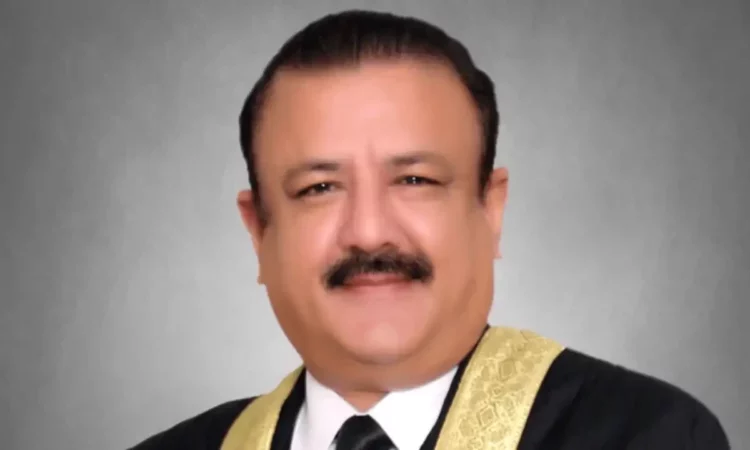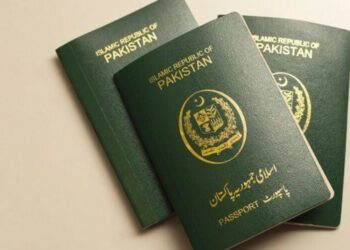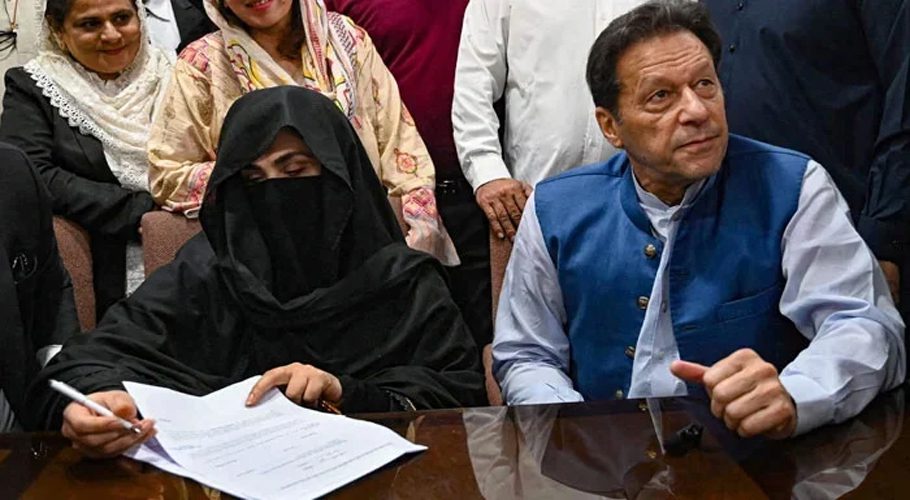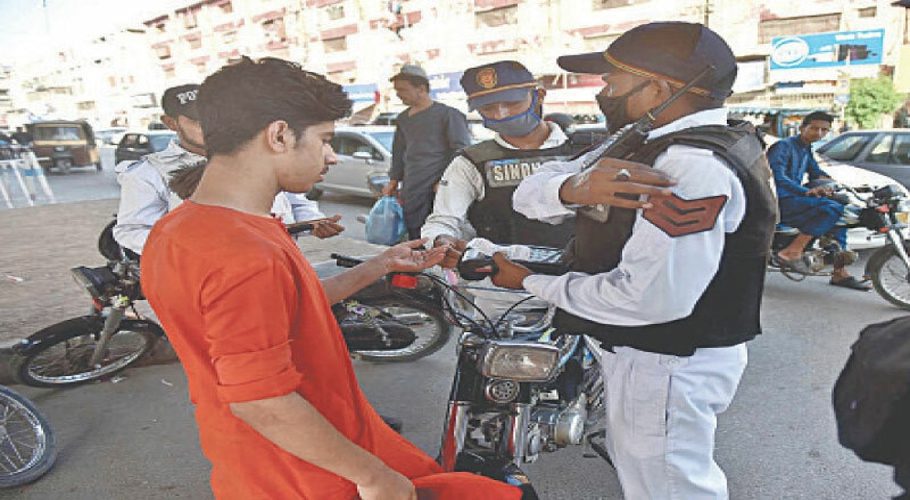![]() Follow Us on Google News
Follow Us on Google News
The Sindh High Court (SHC) nullified the Karachi University syndicate’s decision to revoke the law degree of Islamabad High Court judge Justice Tariq Mehmood Jahangiri.
The SHC in a written order noted that the IHC judge’s degree was cancelled during a meeting of KU’s Syndicate and Unfair Means Committee, which he did not attend. It was deemed a “violation of Article 10-A of the Constitution,” which guarantees the right to a fair trial.
“Unfortunately, no opportunity for hearing was extended to Mr. Justice Tariq Mehmood Jahangiri, and the manner in which the decision was made appears to be highly objectionable, illegal, and without lawful authority.”
This comes following a controversy over Justice Jahangiri’s LLB degree, which first emerged in July, but resurfaced last week as the Karachi University’s syndicate reportedly cancelled his degree.
The decision was made during a syndicate meeting held on Saturday afternoon, after Dr Riaz Ahmed, an associate professor and syndicate member, raised objections regarding the agenda item related to the judge’s degree, which had been under scrutiny for 40 years.
The SHC ruled that the revocation of Justice Jahangiri’s law degree was done “without hearing and in violation of fundamental legal principles.”
As Justice Jahangiri was not present at the syndicate meeting where the decision was made, he was effectively “condemned unheard,” rendering the revocation “null and void.”
The court emphasized its authority under Article 199, which allows it to direct any institution to refrain from actions not permitted by law. It ordered KU to avoid any “coercive measures” based on the revoked decision until the next hearing.
Additionally, the SHC instructed that notices be sent to all respondents, including the Sindh attorney general, requiring their responses within three weeks.
On Thursday, a two-member SHC bench, comprising Justices Salahuddin Panhwar and Amjad Ali Sahito, heard the case regarding the revocation of Justice Jahangiri’s law degree.
Justice Panhwar inquired, “Whose degree is it?” and questioned how many similar decisions the university had made in the past. The advocate representing Justice Jahangiri stated that KU had acted in a “non-transparent manner.”
When asked about the date the degree was awarded, the advocate noted that it had been conferred 30 years ago. Justice Panhwar further probed, “On whose request has all this happened? On whose complaint has action been taken?” He pointed out that the letter initiating the revocation came from the Islamia Law College.
Justice Sahito inquired about the petitioners’ relationship to the case. The advocates clarified that the petition was filed by lawyers, asserting that KU lacks the authority to make such decisions.
“Only the Judicial Commission can make such decisions,” one advocate emphasised.































